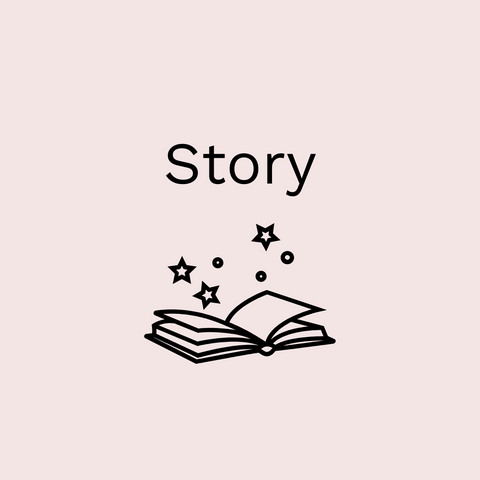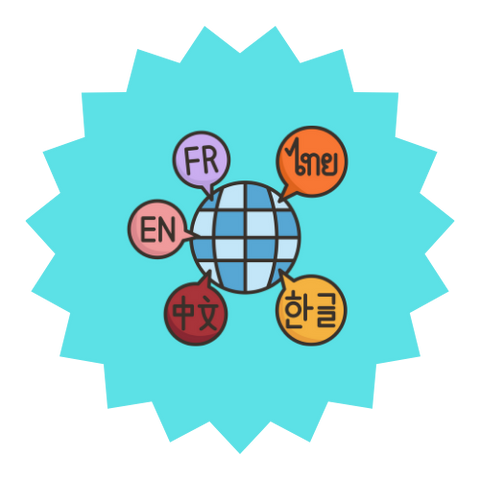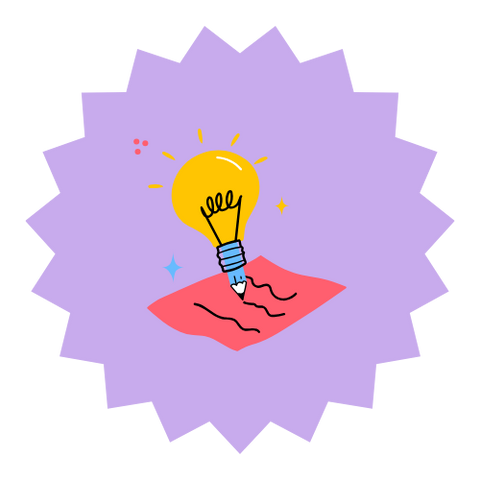
My mission

My Story
Cognitive Diversity
How I adapt to students with diverse intellectual needs.
Approach to personalization
How adaptable is tutor to students with different cognitive needs?
2e (Twice Exceptional)
Gifted
How does the environment adapt to gifted children
Profoundly Gifted
ADHD
Autism Spectrum
Dyslexia
Sensory Processing
Other Special Needs





